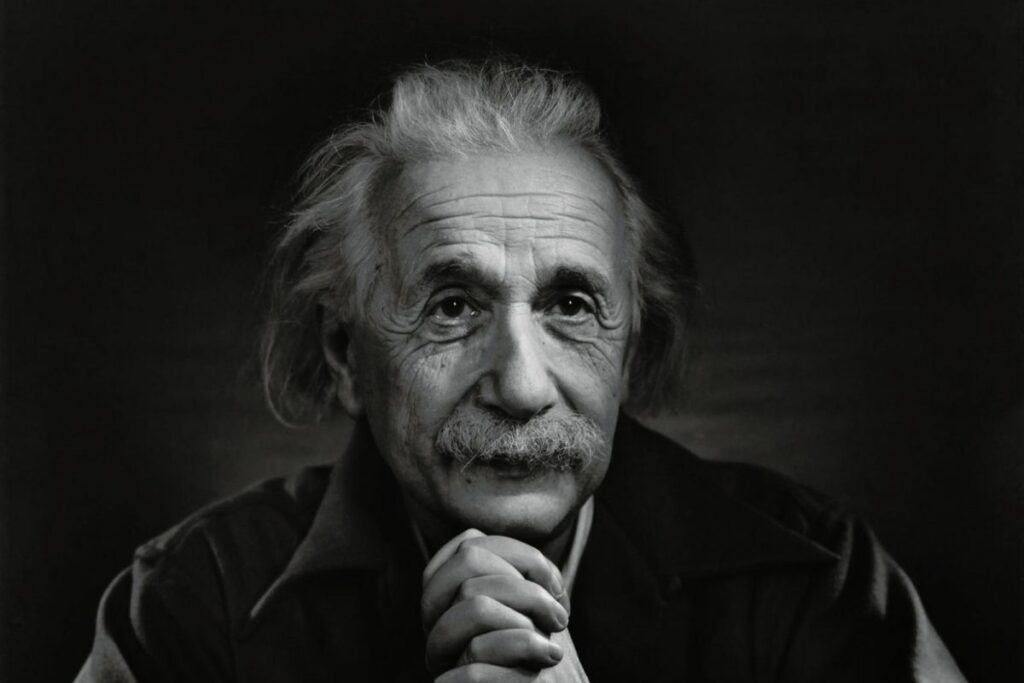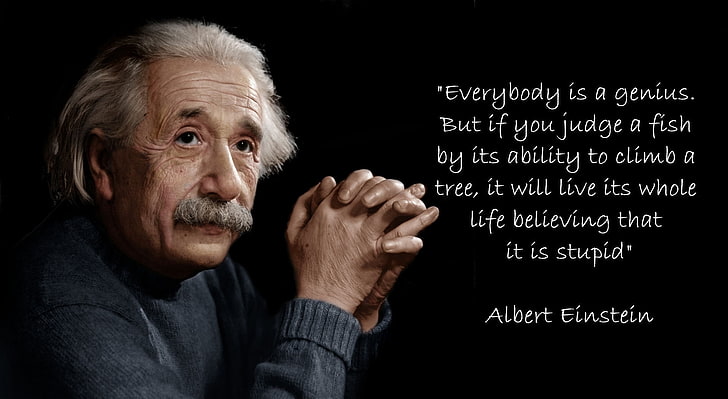Albert Einstein is widely regarded as one of the greatest scientific minds in history. Born in 1879 in Ulm, Germany, Einstein developed an early fascination with mathematics and science that would shape his life and career.
Einstein’s early academic success was hindered by his rebellious nature, which led to conflicts with his teachers and difficulty finding work. However, he persisted in his studies and eventually landed a job as a patent clerk in Bern, Switzerland.
It was during his time as a patent clerk that Einstein made his breakthrough discovery. In 1905, he published a series of papers that revolutionized our understanding of the physical world. These papers covered a range of topics, including the photoelectric effect, Brownian motion, and the special theory of relativity.
The special theory of relativity is perhaps Einstein’s most famous contribution to science. It posits that the laws of physics are the same for all observers, regardless of their relative motion. This idea upended centuries of scientific thought and had profound implications for our understanding of time, space, and the universe.

Einstein’s work on relativity also paved the way for his later theory of general relativity. This theory extended the principles of special relativity to include gravity, and it remains one of the most important contributions to modern physics.
In addition to his work on relativity, Einstein made important contributions to the field of quantum mechanics. He was a vocal critic of the theory and famously said, “God does not play dice with the universe.” However, his own research in the field helped to establish some of its fundamental principles.
Einstein was not just a brilliant scientist, he was also a committed pacifist and civil rights activist. He spoke out against war and supported the civil rights movement, advocating for equal treatment for all people regardless of race or ethnicity.
Einstein received numerous awards and honors for his work throughout his lifetime, including the Nobel Prize in Physics in 1921. He continued to work on physics and other subjects until his death in 1955.
Today, Einstein’s legacy lives on in the many scientific discoveries and technological innovations that have been made possible by his groundbreaking work. He remains a towering figure in the world of science and an inspiration to generations of scientists and thinkers.




































